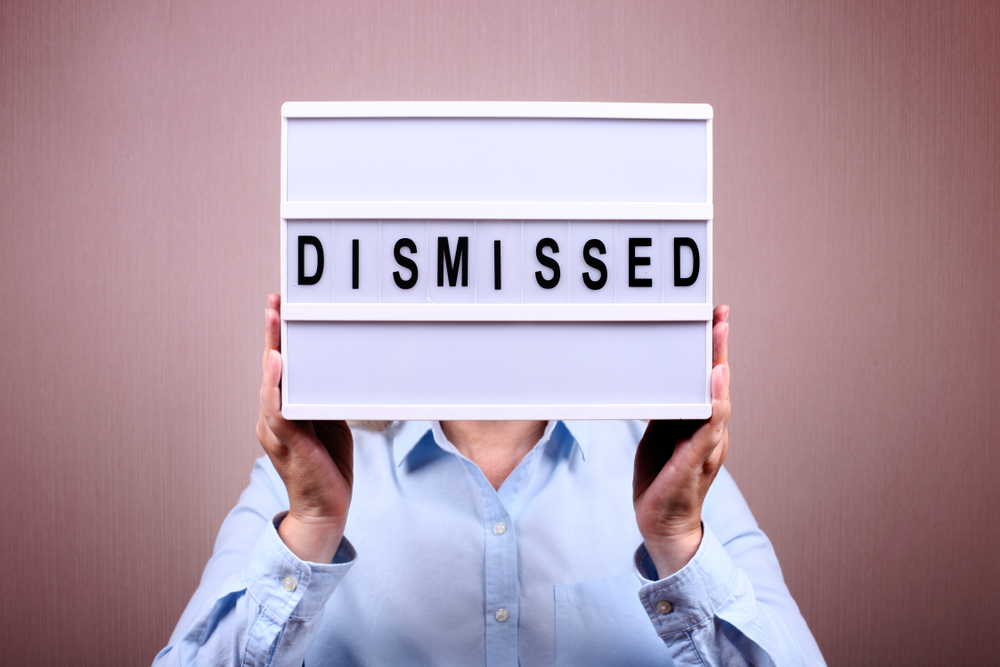Partition Action does Not Result in Money Damages Against a Party
A partition action is an action under Florida Statutes Chapter 64. “A partition action commences a legal proceeding to divide cotenants' interests in a real property.” Morrison v. Smolarick, 47 Fla.L.Weekly D307a (Fla. 2d DCA 2022). In a nutshell, the objective is to sell the property and then determine how the proceeds are shared between the parties. The Morrison Court explained: After the sale, “the court impounds the fund consisting of the proceeds of sale and conducts proceedings to establish the credits due to the parties and to determine the final amount awarded to each.” McFall v. Trubey, 992 So. 2d 867, 870...
Continue reading













